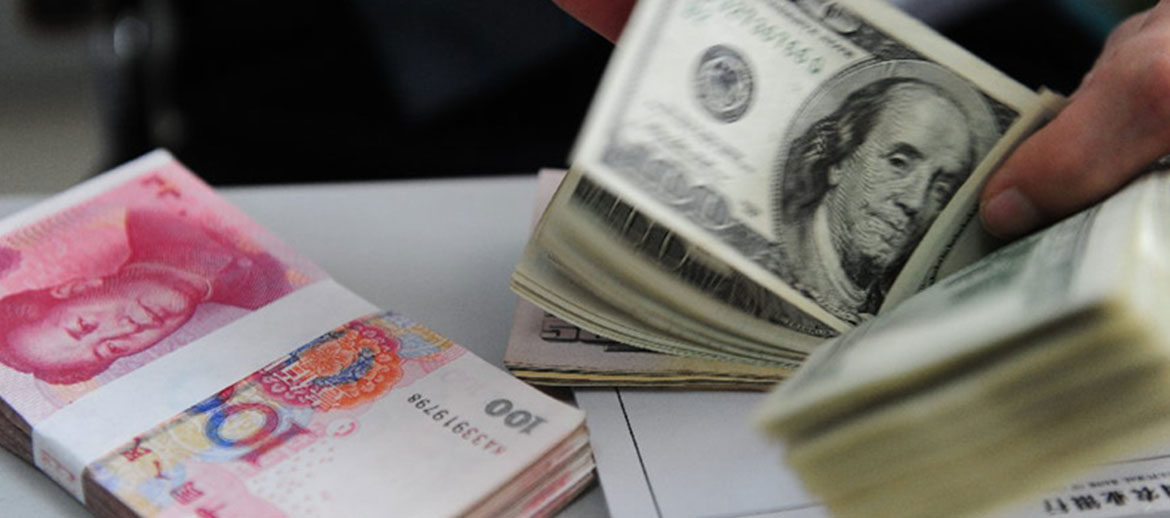News Articles

China is stepping up efforts to promote broader international use of the yuan, particularly as global confidence in the US dollar shows signs of weakening.
The Chinese government is introducing more channels for foreign institutions to transact in yuan. This initiative comes as the US dollar index has declined significantly this year, while the offshore yuan has appreciated. Though the US dollar remains the dominant global currency, recent shifts in sentiment have created opportunities for alternatives to gain ground.
At a recent financial forum, China's central bank governor outlined objectives to reduce reliance on a single sovereign currency. New initiatives include establishing a center in Shanghai for the internationalization of the digital yuan and expanding yuan-denominated foreign exchange futures.
A major focus of recent efforts is the commodities futures market. Several leading Chinese exchanges recently opened an additional sixteen futures and options contracts to qualified foreign institutional investors. These contracts cover key commodities such as rubber, lead, and tin.
Earlier this year, access to numerous other contracts was granted to international investors. These moves aim to provide global institutions with more risk management tools while simultaneously strengthening the yuan's role in commodity pricing worldwide.
Further steps include a proposal to permit using foreign currencies as collateral for trades settled in yuan, making it easier for international market participants to operate in China's financial system.
Additional developments include granting foreign investors access to exchange-traded fund options for hedging and removing account-opening fees for overseas institutions looking to enter China's bond market.
China has also approved foreign financial firms to operate brokerage services for futures trading onshore. This reflects the gradual opening of China's financial sector, which has historically been restricted by capital controls and regulatory hurdles.
Beyond investment access, China is continuing to build infrastructure for yuan internationalization. This includes expanding its network of offshore yuan clearing banks and strengthening the cross-border interbank payment system.
There has also been a shift in lending practices to emerging markets, with more Chinese banks using the yuan instead of the dollar. This approach reflects lower funding costs and a broader effort to elevate the yuan's status in global finance.
China is further encouraging trade settlement in yuan. Earlier this year, authorities unveiled an extensive financing program in Hong Kong to support yuan-denominated transactions for businesses.
While momentum behind de-dollarization is growing, progress has been mixed. The use of the yuan for cross-border energy and commodity payments has increased, and it is supported in part by Chinese companies expanding their international operations, particularly in e-commerce.
Some financial technology firms now enable Chinese clients to handle domestic and international payments in yuan, supported by partners holding offshore yuan balances. In some cases, subsidies are provided to reduce the cost of loans issued in offshore yuan.
Despite these efforts, international use of the yuan remains limited compared to leading global currencies. In recent global payment data, the yuan accounted for just under three percent of total value, ranking sixth. The US dollar and euro continue to lead by a wide margin.
Still, China's latest measures align with a broader shift in Asia to reduce reliance on the dollar. Geopolitical tensions, evolving central bank policies, and a growing preference for currency diversification all contribute to a slow but noticeable change in the regional monetary landscape.
Investor caution around US policy unpredictability has also contributed to dollar weakness in recent months, while interest in Chinese financial assets is beginning to grow.
Although challenges remain, China appears committed to strengthening the yuan's international role and building the infrastructure necessary to support its broader adoption in trade and investment flows.